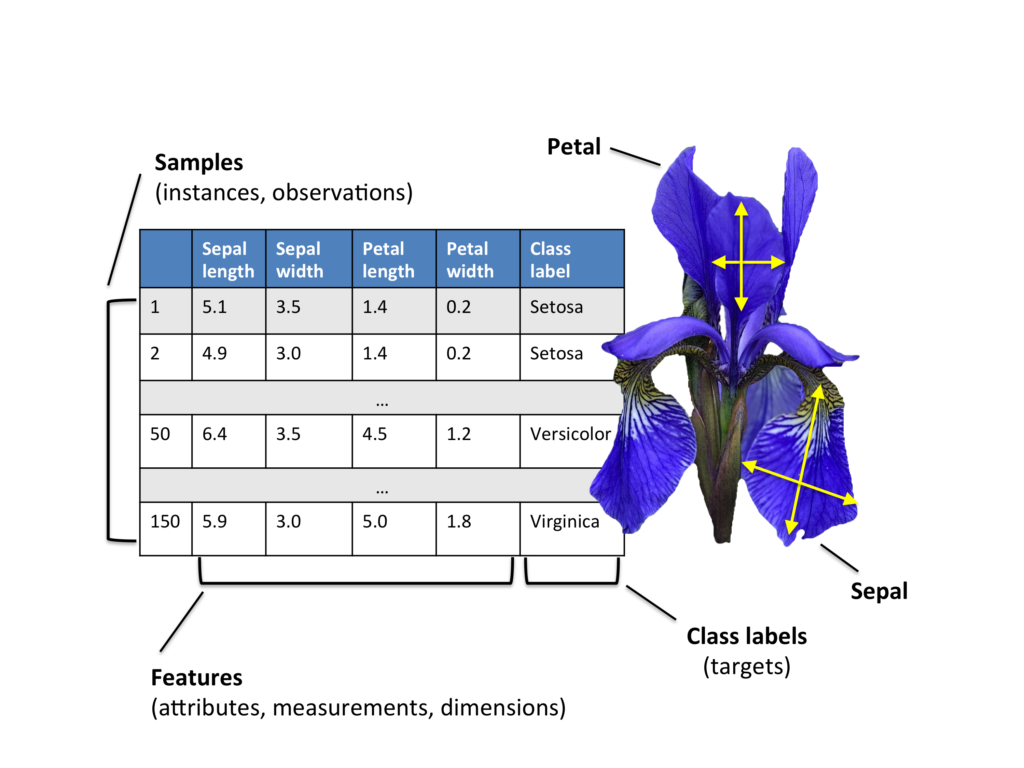SKLEARN XGBoost Classifier with Grid Search Cross Validation

XGBoost is a powerful and efficient implementation of the Gradient Boosting algorithm that is used to classify items into different categories. It is an ensemble method that combines the predictions of multiple weak models, such as decision trees, to make a final prediction. The technique uses an iterative process where each iteration improves the model by focusing on the mistakes made in the previous iteration.
Grid Search Cross Validation is a method used to find the best set of parameters for the XGBoost Classifier. It works by testing different combinations of parameters and evaluating their performance. The best combination of parameters is then chosen for the final model.
To classify IRIS flowers or any other classification problem, we first need to gather a dataset of examples and their characteristics. These characteristics are then used as inputs for the XGBoost Classifier.
The XGBoost Classifier is trained using the dataset, and the best set of parameters is found using Grid Search Cross Validation. After the model is trained, it can be used to classify new examples based on their characteristics.
In summary, the XGBoost Classifier with Grid Search Cross Validation is a powerful and efficient implementation of the Gradient Boosting algorithm that is used in various classification problems, including IRIS flower classification. It combines the predictions of multiple weak models to make a final prediction, and fine-tune the best set of parameters using Grid Search Cross Validation.
In this Applied Machine Learning & Data Science Recipe (Jupyter Notebook), the reader will find the practical use of applied machine learning and data science in Python programming: SKLEARN XGBoost Classifier with Grid Search Cross Validation.
Disclaimer: The information and code presented within this recipe/tutorial is only for educational and coaching purposes for beginners and developers. Anyone can practice and apply the recipe/tutorial presented here, but the reader is taking full responsibility for his/her actions. The author (content curator) of this recipe (code / program) has made every effort to ensure the accuracy of the information was correct at time of publication. The author (content curator) does not assume and hereby disclaims any liability to any party for any loss, damage, or disruption caused by errors or omissions, whether such errors or omissions result from accident, negligence, or any other cause. The information presented here could also be found in public knowledge domains.
Learn by Coding: v-Tutorials on Applied Machine Learning and Data Science for Beginners
Latest end-to-end Learn by Coding Projects (Jupyter Notebooks) in Python and R:
Applied Statistics with R for Beginners and Business Professionals
Data Science and Machine Learning Projects in Python: Tabular Data Analytics
Data Science and Machine Learning Projects in R: Tabular Data Analytics
Python Machine Learning & Data Science Recipes: Learn by Coding
IRIS Flower Classification using SKLEARN DecisionTree Classifier with Monte Carlo Cross Validation
SKLEARN Gradient Boosting Classifier with Monte Carlo Cross Validation